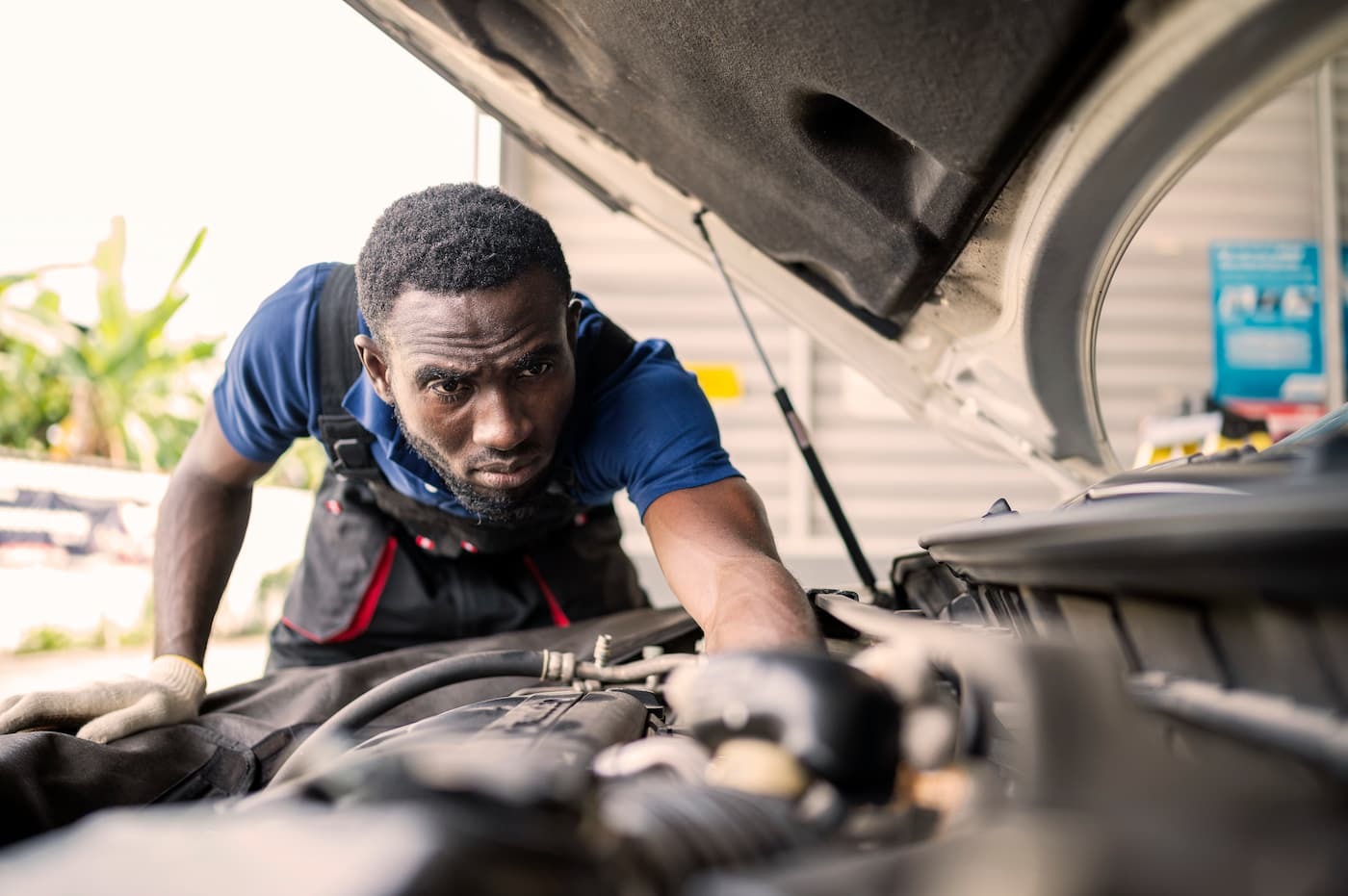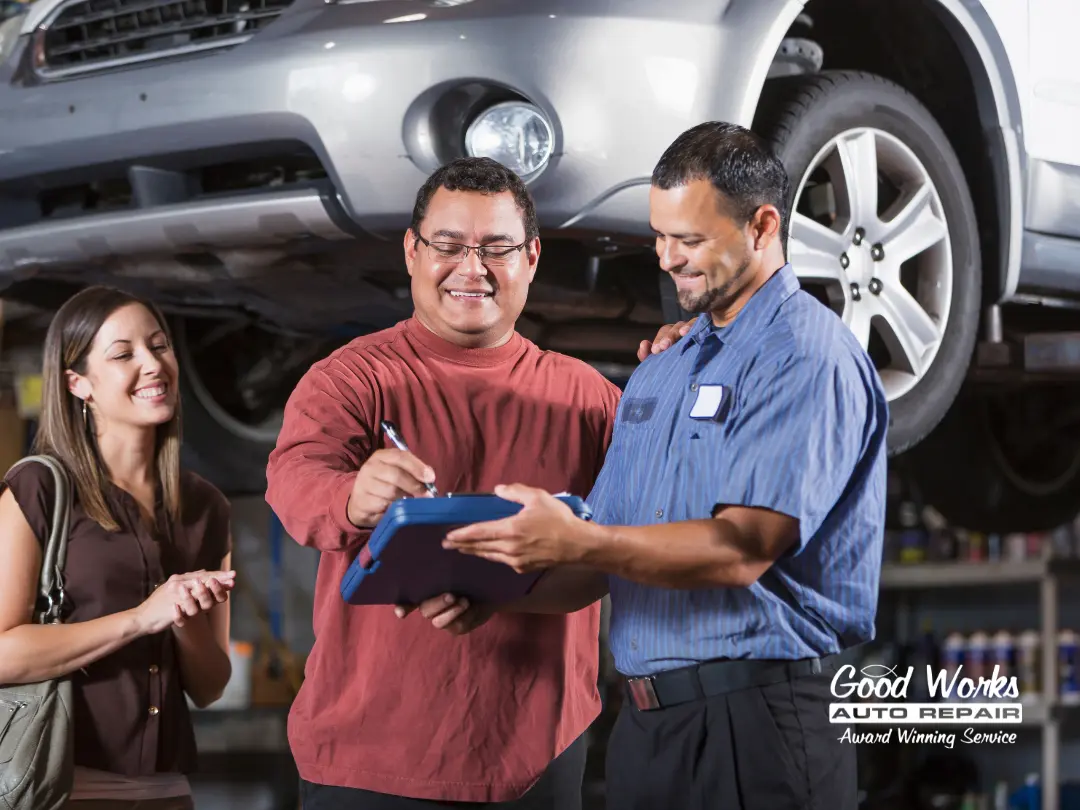Featured
Your lorry's brakes are just one of one of the most critical components in ensuring your security and the security of others on the road. Normal brake inspections are important to preserving optimal braking efficiency and avoiding pricey fixings. Whether you're a skilled auto owner or a brand-new motorist, understanding brake evaluation guidelines can help you stay positive regarding maintenance and guarantee your vehicle is constantly roadworthy.
- Why Brake Inspections Issue. Brakes are subject to continuous damage. The more you drive, the a lot more rubbing your brake pads endure, eventually bring about reduced braking effectiveness. Without proper evaluation, it's hard to determine when your brakes might be in requirement of repair. Regular brake checks aid identify concerns early, stopping potential failings that can place you at threat.
A well-maintained brake system guarantees quick, receptive quiting power, particularly in emergency situations. It additionally assists expand the life of your lorry, as overlooking brake upkeep can cause more serious, expensive troubles later on.
- Indications You Required a Brake Assessment. While it's critical to have your brakes examined occasionally, particular signs may indicate that they require focus. Watch (and ear) out for these warning signals:
Squealing or Grinding Sounds: Unusual audios, specifically a piercing squeal or grinding sound, usually mean that your brake pads are used down. Resonance or Pulsation: If you really feel vibrations or a pulsing experience when pressing the brake pedal, maybe a sign of warped rotors or irregular brake pad wear. Lowered Brake Responsiveness: If your brakes really feel much less responsive or you have to press the pedal harder to reduce, it might indicate air in the brake lines or reduced brake fluid. Drawing to One Side: If your car draws away when stopping, it might indicate irregular brake pad wear or a brake liquid leak. Dashboard Warning Lights: Some cars have brake-related caution lights that indicate problems like low brake liquid or worn brake parts. If you discover any one of these symptoms, it's crucial to have an expert mechanic do a brake inspection immediately.

- What Occurs During a Brake Assessment? During a brake evaluation, a technician will certainly examine numerous vital elements of the stopping system to guarantee whatever remains in working order. Right here's what you can expect during the procedure:
Brake Pads and Shoes: The auto mechanic will certainly check the density of the brake pads or shoes. If they're also slim, they'll require to be changed. Brake Rotors: Rotors are the discs that the brake pads press against to reduce your cars and truck down. They'll be inspected for any kind of indications of wear, scoring, or bending. Brake Fluid: Reduced or infected brake liquid can hinder stopping performance. The specialist will check the liquid level and high quality and leading it up or flush it if needed. Brake Lines and Hoses: Brake lines bring liquid from the master cylinder to the brakes. The technician will certainly check for any leakages, splits, or damage to make certain proper fluid circulation. Brake Calipers and Wheel Cylinders: Calipers and wheel cylinders push the brake pads against the rotors or drums. The professional will inspect for wear, leakages, and proper procedure. 4. Exactly how Typically Should You Have Your Brakes Examined? The frequency of brake assessments relies on elements like your driving routines, the kind of lorry you drive, and the environment in which you drive. As a basic regulation, it's an excellent concept to have your brakes inspected every 12,000 miles or as soon as a year. If you experience any of the warning signs stated previously, it's crucial to get your brakes checked instantly.
For those that regularly drive in rush hour, hilly terrain, or rough weather, even more regular examinations may be necessary.
- Value of Timely Brake Services. When you detect a problem with your brakes, it's important to address it as soon as possible. Delaying brake repair work can bring about more significant damage to your stopping system, leading to greater repair costs. In severe situations, disregarding brake concerns can bring about complete brake failure, which is a severe safety danger.
By remaining on top of brake upkeep and attending to issues without delay, you guarantee that your brakes proceed to perform as intended, keeping you and your passengers risk-free when driving.
Final Thought: Maintain Your Brakes in Leading Shape. Brake inspections are a straightforward yet vital component of vehicle maintenance. By comprehending the value of routine evaluations, knowing the indicators of brake problems, and remaining positive with repair work, you can ensure your vehicle's stopping system remains in ideal problem. Routine brake checks provide satisfaction, understanding that your auto prepares to respond when you need it most. Prioritize brake upkeep-- your security depends on it.
Latest Posts
Why Consistent Auto Maintenance at Montclare Auto Repair Saves You Money
Uncover the Premier Auto Repair Offers in Montclare, Chicago
Reasons Routine Vehicle Maintenance at Montclare Auto Repair Saves You Money
More
Latest Posts
Why Consistent Auto Maintenance at Montclare Auto Repair Saves You Money
Uncover the Premier Auto Repair Offers in Montclare, Chicago
Reasons Routine Vehicle Maintenance at Montclare Auto Repair Saves You Money
